Homeland Hospice Selected for National Project to Improve Care
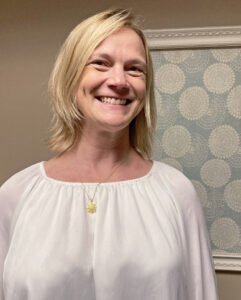 Homeland Hospice, a nonprofit hospice program that serves communities throughout Central Pennsylvania, has been selected to participate in the alpha testing phase of a new tool to standardize the collection of data for hospice patients. Homeland is one of 20 hospice programs chosen nationally, and the only hospice in the state participating in the project.
Homeland Hospice, a nonprofit hospice program that serves communities throughout Central Pennsylvania, has been selected to participate in the alpha testing phase of a new tool to standardize the collection of data for hospice patients. Homeland is one of 20 hospice programs chosen nationally, and the only hospice in the state participating in the project.
The Hospice Outcomes Patient Evaluation (HOPE) tool is a project led by the Centers for Medicare and Medicaid Services (CMS) designed to better understand care needs throughout a patient’s dying process and contribute to the patient’s plan of care. The HOPE tool will also allow CMS to analyze data between patients and hospice programs across the country.
“A core goal of the HOPE tool is to understand how a hospice team works together to put the patient’s needs first,” says Mary Peters, MSW, Assistant Director of Social Services for Homeland Hospice. “A patient-centered approach to care has always been our philosophy.”
Homeland team members include a registered nurse case manager, hospice medical director, attending physician, volunteer coordinator, social workers, spiritual counselors, home care aides and others.
The HOPE tool alpha testing involves three phases, which includes training, data collection, and a forum scheduled in June 2021 to review the data and offer feedback about the tool.
Homeland has completed training and is in the data collection phase. During this phase, a patient’s primary hospice team – including a registered nurse, social worker and spiritual counselor – is present for each assessment.
With Homeland’s expansive service territory, data collection has required additional time and travel and Homeland’s dedicated staff has risen to the occasion.
“I’m proud of our staff for taking on this additional project,” Mary adds. “We are committed to providing excellent data to support the HOPE tool.”
Homeland Hospice is a hospice program that serves 14 communities throughout Central Pennsylvania by providing end-of-life care either in a person’s home or wherever they reside, including nursing facilities. Homeland also provides bereavement support to families for a full 13 months following the death of their loved one. This service is available to anyone in the community who is experiencing grief.
To learn more, please contact Homeland Hospice at (717) 221-7890.


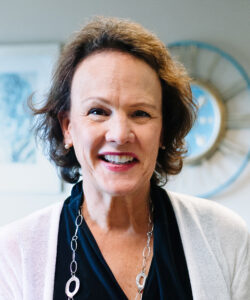 Myra Badorf is the Assistant Director of Development for Homeland Hospice and on August 16th celebrated her 10-year anniversary. Upon looking back, she shares her thoughts with us.
Myra Badorf is the Assistant Director of Development for Homeland Hospice and on August 16th celebrated her 10-year anniversary. Upon looking back, she shares her thoughts with us.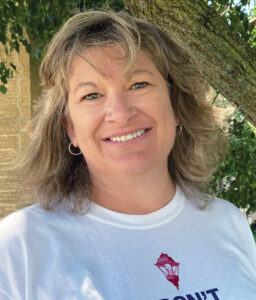 The end-of-life journey is a time when extra comfort and support is needed as patients and their families are often fatigued physically, emotionally and spiritually. A hospice caregiver is often faced with situations that can change daily or even hourly. Frequent medications, dressing changes, safety, toileting, feeding, and emotional support easily fills their day, and in many cases, their night too. In addition, there are situations in which a spouse or caregiver may never have prepared a meal. The patient is the one who always handled that daily task.
The end-of-life journey is a time when extra comfort and support is needed as patients and their families are often fatigued physically, emotionally and spiritually. A hospice caregiver is often faced with situations that can change daily or even hourly. Frequent medications, dressing changes, safety, toileting, feeding, and emotional support easily fills their day, and in many cases, their night too. In addition, there are situations in which a spouse or caregiver may never have prepared a meal. The patient is the one who always handled that daily task. Some of our volunteers simply cook a little extra when they are preparing a meal for their own family. Church group often use the left-overs from a community or church meal to make a yummy dish or soup.
Some of our volunteers simply cook a little extra when they are preparing a meal for their own family. Church group often use the left-overs from a community or church meal to make a yummy dish or soup.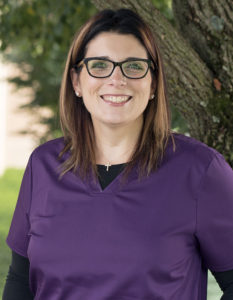 She was the type of old lady I want to be. She was sassy and opinionated. Mostly confused but, had moments of crystal lucidity. Her eyes were set on a fellow resident and no amount of reasoning could dissuade her that this was going to be her boyfriend. She loved Diet Coke, but, fountain only please… Her accomplishments were many in life during a time when such feats were limited to those with an Adam’s apple.
She was the type of old lady I want to be. She was sassy and opinionated. Mostly confused but, had moments of crystal lucidity. Her eyes were set on a fellow resident and no amount of reasoning could dissuade her that this was going to be her boyfriend. She loved Diet Coke, but, fountain only please… Her accomplishments were many in life during a time when such feats were limited to those with an Adam’s apple.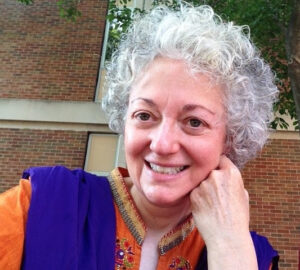 About 6 years ago, I was fortunate to be able to retire from a long career as a health care lawyer. After I retired I had to figure out what I wanted to do when I “grew up.” I decided I wanted to work directly with patients instead of working at a desk. While it was definitely not easy to find such a job without any experience and with my “maturity” eventually I was hired as a nurse’s aide in the Neurology Unit at Harrisburg Hospital. This was great because they provided the training I needed for the job. Being a nurse’s aide was about as different from a legal desk job as any job could be! It was fast paced, hands on, and never a dull moment! It provided me the opportunity to meet all types of people, from all walks of life and many cultures, to provide hands-on care and comfort, and to be a part of the patients’ and their families’ lives for a short period of time. Often, patients were so grateful for my small service that it was overwhelming to me. I learned so much about people and the world in general. It was one of the most meaningful experiences of my life.
About 6 years ago, I was fortunate to be able to retire from a long career as a health care lawyer. After I retired I had to figure out what I wanted to do when I “grew up.” I decided I wanted to work directly with patients instead of working at a desk. While it was definitely not easy to find such a job without any experience and with my “maturity” eventually I was hired as a nurse’s aide in the Neurology Unit at Harrisburg Hospital. This was great because they provided the training I needed for the job. Being a nurse’s aide was about as different from a legal desk job as any job could be! It was fast paced, hands on, and never a dull moment! It provided me the opportunity to meet all types of people, from all walks of life and many cultures, to provide hands-on care and comfort, and to be a part of the patients’ and their families’ lives for a short period of time. Often, patients were so grateful for my small service that it was overwhelming to me. I learned so much about people and the world in general. It was one of the most meaningful experiences of my life.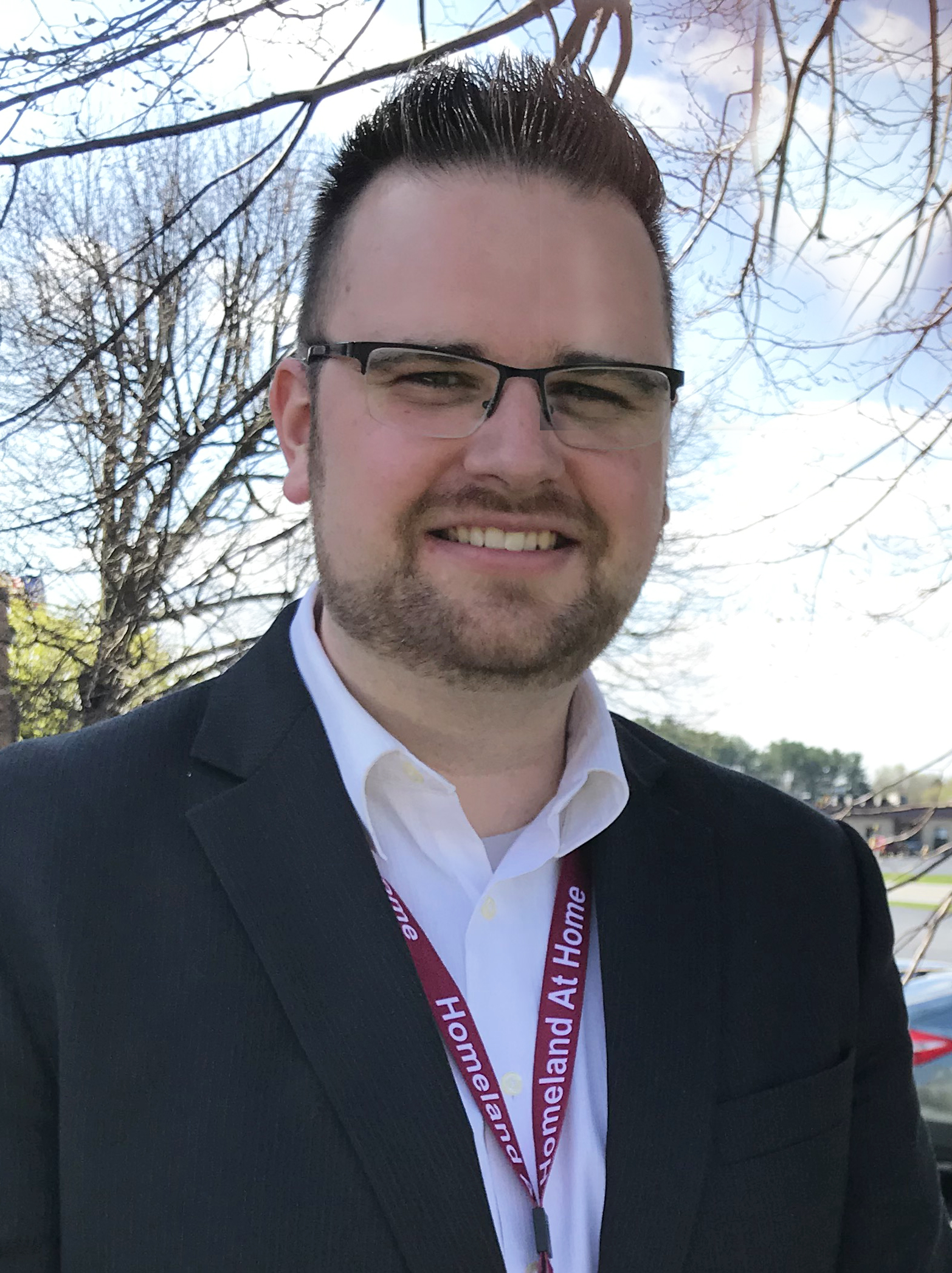 Having grown up in the dry climate of Mexico, Reynaldo (Rey) Villarreal, chaplain for Homeland Hospice, reveres the rolling hills and green trees of Central Pennsylvania. For Rey, life with Homeland Hospice is another chapter in his story of serving others in their time of need. Homeland Hospice is a hospice program that serves communities throughout Central Pennsylvania.
Having grown up in the dry climate of Mexico, Reynaldo (Rey) Villarreal, chaplain for Homeland Hospice, reveres the rolling hills and green trees of Central Pennsylvania. For Rey, life with Homeland Hospice is another chapter in his story of serving others in their time of need. Homeland Hospice is a hospice program that serves communities throughout Central Pennsylvania.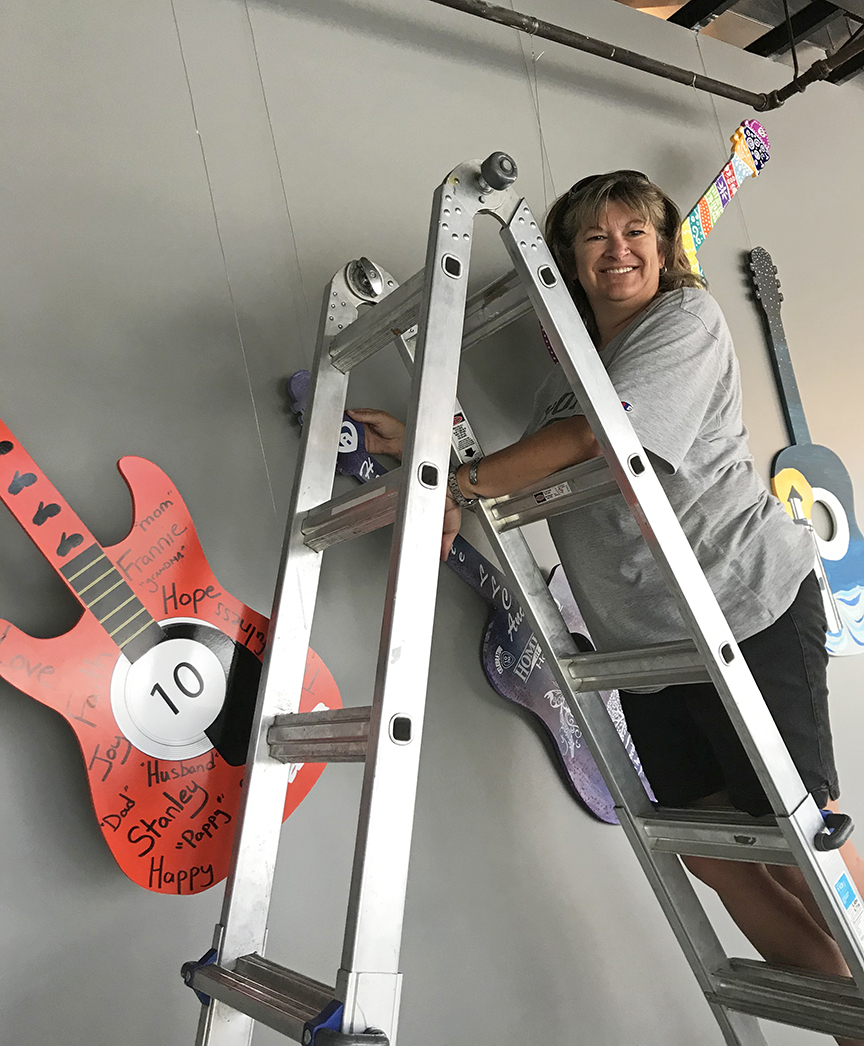 After a temporary pause due to the COVID-19 pandemic, Homeland Hospice is excited to announce its “Guitars … with Gratitude … 2020 Tour” is back on the road. Guitars are currently on display at Café 1500 in Harrisburg and Desperate Times Brewery in Carlisle.
After a temporary pause due to the COVID-19 pandemic, Homeland Hospice is excited to announce its “Guitars … with Gratitude … 2020 Tour” is back on the road. Guitars are currently on display at Café 1500 in Harrisburg and Desperate Times Brewery in Carlisle.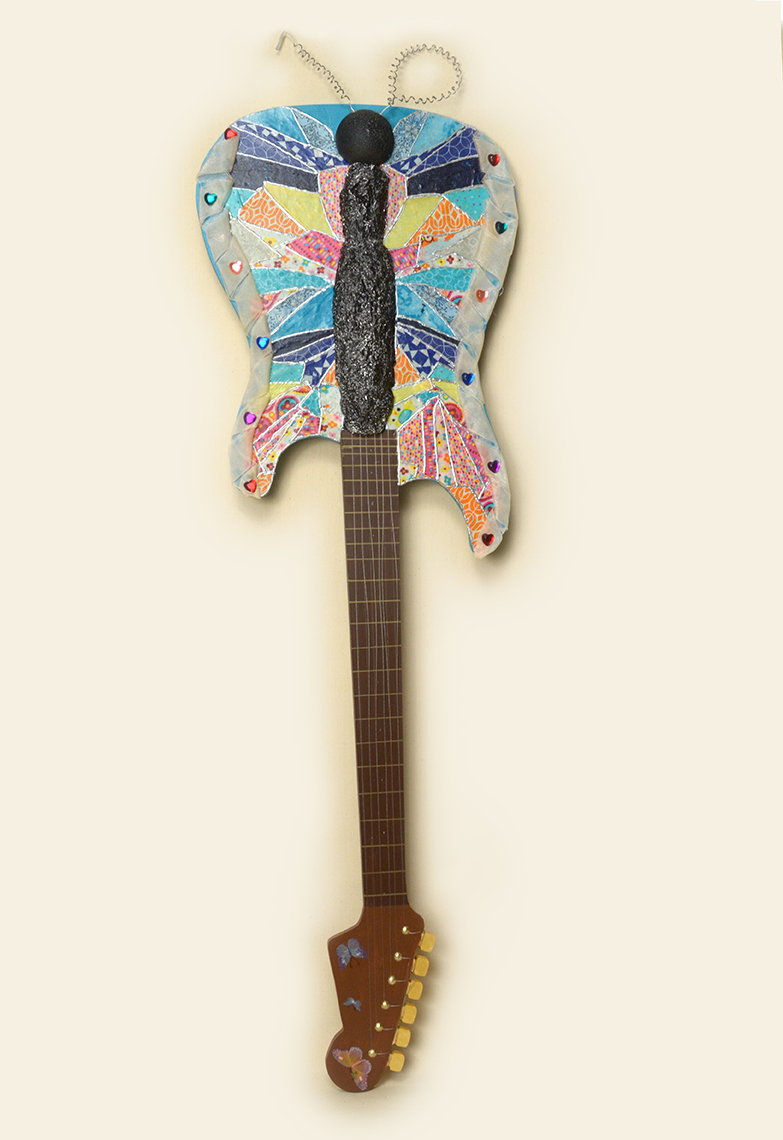 Patrons visiting Desperate Times Brewery can admire Judy Dooley’s butterfly-themed guitar created in honor of her mother Rose, who died more than two years ago. In her end of life journey, Rose received in-home care support including massage and music therapy, and spiritual counseling from Homeland Hospice. The Homeland team also helped Judy as a caregiver and grieving daughter.
Patrons visiting Desperate Times Brewery can admire Judy Dooley’s butterfly-themed guitar created in honor of her mother Rose, who died more than two years ago. In her end of life journey, Rose received in-home care support including massage and music therapy, and spiritual counseling from Homeland Hospice. The Homeland team also helped Judy as a caregiver and grieving daughter.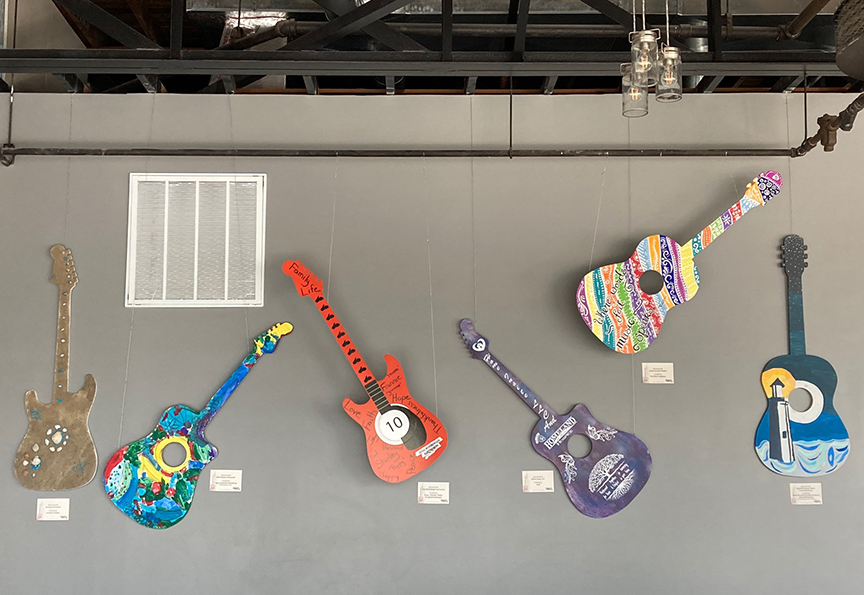 “I knew the designs would be good,” says Ed Savage, Assistant Director of Development for Homeland Center. ”But I was blown away by the creativity. The guitars are outstanding.”
“I knew the designs would be good,” says Ed Savage, Assistant Director of Development for Homeland Center. ”But I was blown away by the creativity. The guitars are outstanding.”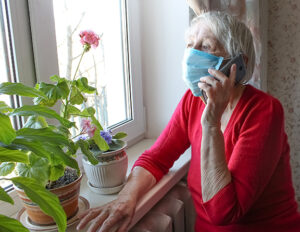 Loneliness affects more than 42 million older Americans according to the American Psychological Association. While living alone does not inevitably lead to loneliness, it can be a contributing factor. Social contact typically decreases with age due to retirement, spouse and friends dying or moving away, lack of mobility and physical limitations. When an entire peer group is experiencing these naturally occurring changes it is easy to see why there is a decline in the number and quality of relationships as we age.
Loneliness affects more than 42 million older Americans according to the American Psychological Association. While living alone does not inevitably lead to loneliness, it can be a contributing factor. Social contact typically decreases with age due to retirement, spouse and friends dying or moving away, lack of mobility and physical limitations. When an entire peer group is experiencing these naturally occurring changes it is easy to see why there is a decline in the number and quality of relationships as we age.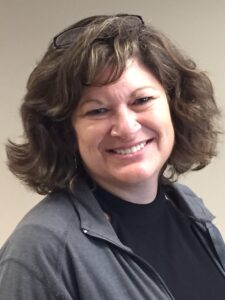
 “There are good things happening in this world,” Laurie says. “Sending cards to patients is a great way to lift their spirits while also enabling people to take part in a positive activity during a difficult time.”
“There are good things happening in this world,” Laurie says. “Sending cards to patients is a great way to lift their spirits while also enabling people to take part in a positive activity during a difficult time.”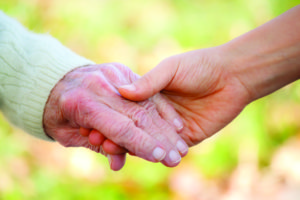 We all need human connections, especially during the journey of grief. A smile or caring embrace from individuals in our support network can provide us courage to share our most intimate feelings of loss, and give us the strength to believe in a better tomorrow. The impact of social distancing because of COVID-19 has compounded the grieving process for individuals and families.
We all need human connections, especially during the journey of grief. A smile or caring embrace from individuals in our support network can provide us courage to share our most intimate feelings of loss, and give us the strength to believe in a better tomorrow. The impact of social distancing because of COVID-19 has compounded the grieving process for individuals and families.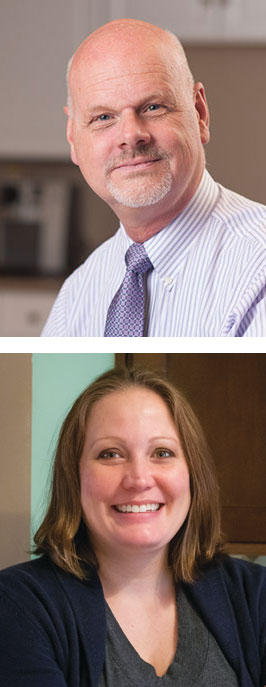 “I’m grateful to Brian Medkeff-Rose and Noelle Valentine, Homeland Hospice’s bereavement counselors,” says Mary Peters, MSW, LSW, Assistant Director of Social Services at Homeland Hospice. “They immediately adapted to phone sessions to offer support and guidance to all of our clients.”
“I’m grateful to Brian Medkeff-Rose and Noelle Valentine, Homeland Hospice’s bereavement counselors,” says Mary Peters, MSW, LSW, Assistant Director of Social Services at Homeland Hospice. “They immediately adapted to phone sessions to offer support and guidance to all of our clients.”
